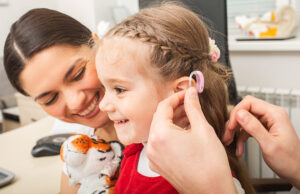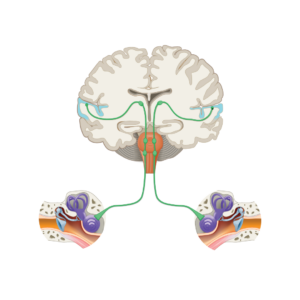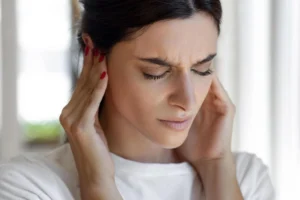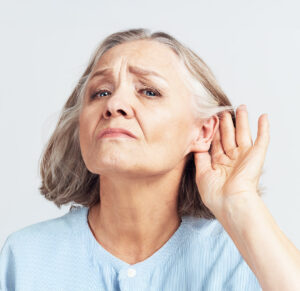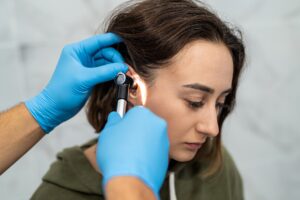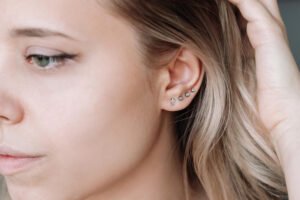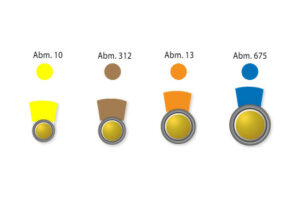How to Protect Your Hearing
How to Protect Your Hearing
Our ears enable us to effortlessly communicate with family and friends, a privilege many of us take for granted. Often, we neglect to prioritize our hearing health in daily life, forgetting how sensitive the human ear is. Unfortunately, this leads many to inadequately protect their ears in noisy environments such as concerts, sports events, or nightclubs.
Why Hearing Protection Matters
Hearing loss often develops gradually, making it easy to overlook. Those experiencing hearing impairment may not notice the changes at first. Typically, family or friends are the first to observe signs such as frequent requests for repetition, difficulty participating in conversations, delayed responses to calls, or an increased TV volume.
Recognizing early symptoms is critical. Hearing loss can sometimes be preceded by tinnitus, manifesting as ringing or buzzing sounds in the ears.
Learn more about tinnitus and its implications for hearing health.
Tips for Hearing Protection
- Use ear protection in loud environments
Wear earplugs or earmuffs to reduce the sound levels reaching your eardrums. - Limit exposure to loud noises
Reduce the time spent in high-noise settings to minimize potential damage. - Lower the volume
Keep the volume at a safe level when watching TV or listening to music. - Take breaks for your ears
Allow your hearing regular rest periods to recover from noise exposure. - Minimize road noise
Drive with the windows closed to avoid prolonged auditory stimulation. - Maintain a healthy diet
Nutrition plays a role in overall hearing health. Eating a balanced diet can support the function of your auditory system.
By taking these simple steps, you can protect your hearing and maintain your ability to communicate effectively. Remember, prevention is key when it comes to preserving your hearing health.




Here are a few tips help protect your hearing in everyday life:
Use ear protection in noisy environments to reduce the sound level reaching your eardrum.
Limit the amount of time you are exposed to loud noises.
Lower the volume when watching TV or listening to music.
Give your ears regular breaks to rest and recover.
Keep your car windows closed to avoid overwhelming your hearing with constant noise.
Maintain a healthy diet, as nutrition can also affect your hearing.
